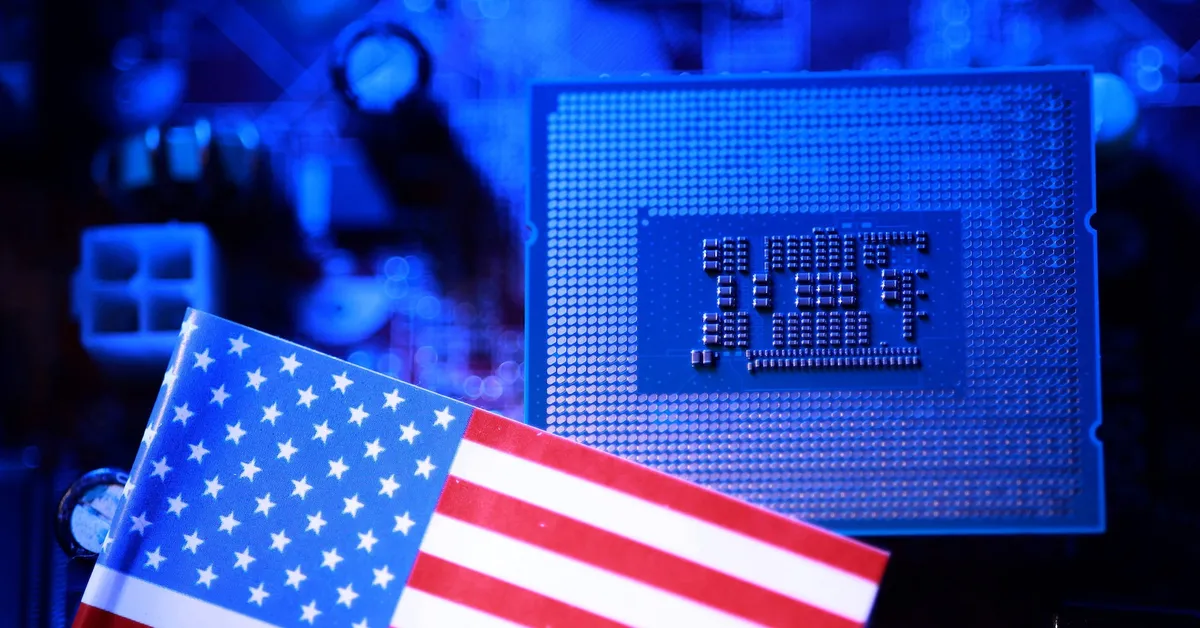
On August 19, 2023, U.S. Commerce Secretary Howard Lutnick announced that the U.S. government aims to secure an equity stake in Intel in exchange for cash grants previously approved during the administration of former President Joe Biden. This proposal is part of a broader strategy to enhance the stability of chip production within the United States.
In a discussion on CNBC's Squawk Box, Lutnick responded to inquiries regarding reports that the U.S. government was contemplating a 10% stake in Intel. He clarified that this stake would represent a conversion of grants, potentially increasing the investment in Intel to fortify its operations in the competitive chip manufacturing landscape. However, he did not provide specific details regarding the timing or the exact size of the proposed stake.
Bessent, who spoke on behalf of the Trump administration, emphasized that any investment from the U.S. government would not compel domestic companies to exclusively purchase chips from Intel. This marks the first official commentary from the Trump administration following a report by Bloomberg News regarding the ongoing discussions about the equity stake.
"We should get an equity stake for our money," Lutnick stated during the interview. He underscored the importance of converting grants into equity rather than providing financial assistance without any return. "It's not governance; we are just converting what was a grant under Biden into equity for the Trump administration for the American people," he explained.
Lutnick also indicated that any equity stake acquired by the U.S. government would likely be non-voting. This means that the government would not have the authority to dictate how Intel operates, preserving the company's autonomy while still benefiting taxpayers. "The Biden administration literally was giving Intel money for free," Lutnick noted, contrasting his administration's approach. He argued that the Trump administration's strategy seeks to ensure that taxpayers receive a "piece of the action" in return for financial investments made in the chip manufacturing sector.
Intel has faced significant financial hurdles, recording an annual loss of $18.8 billion in 2024—the company's first such loss since 1986. This has raised concerns about the future of chip production in the U.S., making the proposed government investment more crucial for the company's recovery and growth.
As of now, both Intel and TSMC, a major Taiwan-based chipmaker, have not issued any public comments regarding the proposed equity stake. The outcome of these discussions could have substantial implications for the U.S. semiconductor industry and its role in global technology supply chains.
Reporting by Andrea Shalal and David Shepardson, with additional contributions from Katharine Jackson; Editing by Andrew Heavens, Andrea Ricci, Rod Nickel.